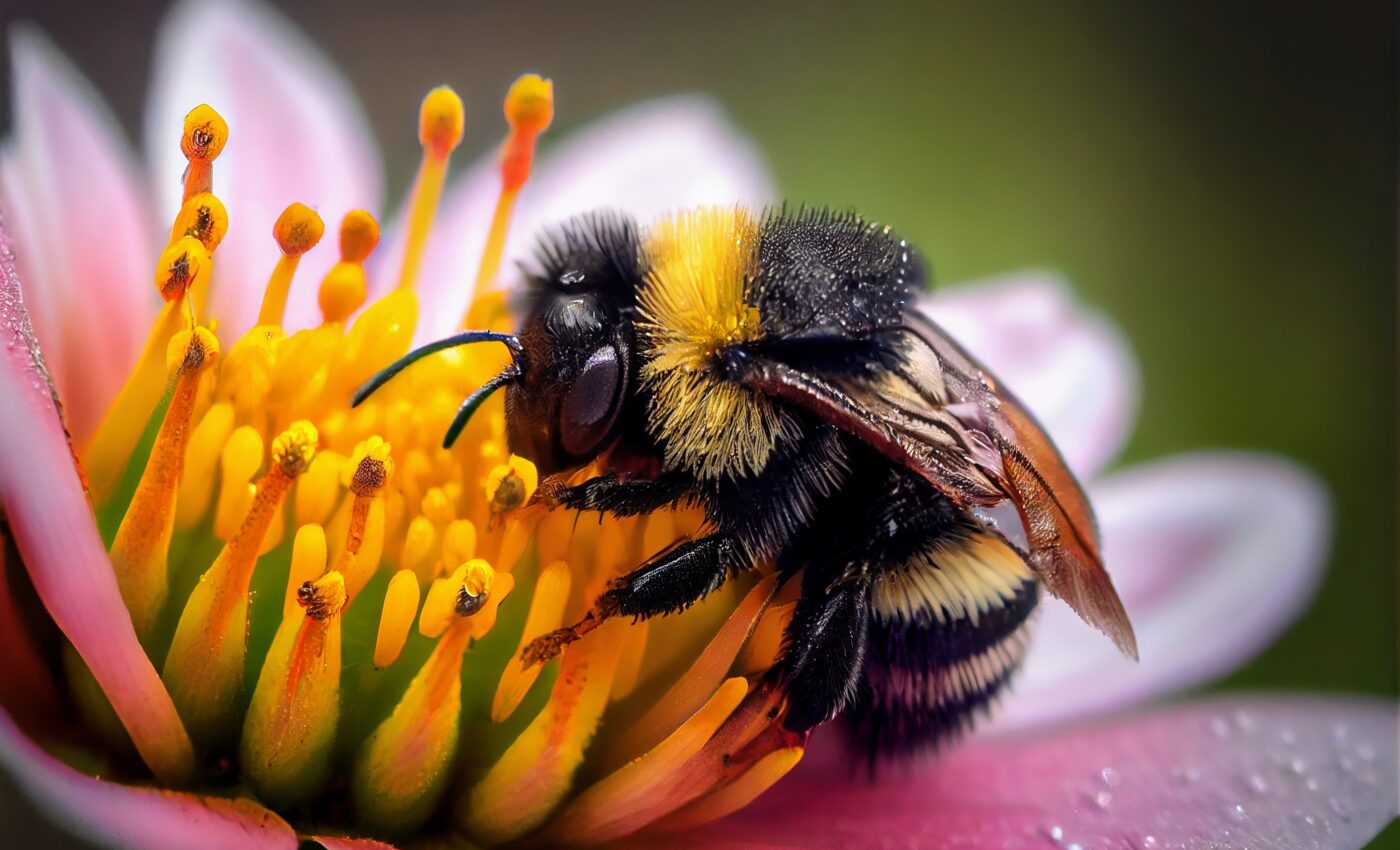
European bumblebees face extinction as their habitats vanish
Bumblebees, Europe’s key pollinators, face an uncertain future due to habitat loss and rising temperatures. A recent study suggests that by the 2060s, over 75% of European bumblebees will lose at least one-third of their habitats.
The outlook is even grimmer for Arctic species, with their living environments predicted to almost disappear entirely as they face the dual threat of climate change and habitat degradation.
Consistent global concern
‘For several decades, scientists have been sounding the alarm about the decline of pollinators, and bumblebees in particular,” said study lead author Dr. Guillaume Ghisbain, a conservation biologist at Free University of Brussels in Belgium.
“Their decline has been pronounced in many different countries, so we were only moderately surprised, although deeply saddened, by our findings.”
“As conservation biologists, we closely observe nature and communicate with colleagues around the world, all arriving at similar conclusions – pollinators are declining, often more severely than previously thought.”
Roots of the decline
While multiple factors contribute to European bumblebee decline, including pesticides and pollution, the primary concern is land use change.
Modern farms, with their intensive farming practices and reduced diversity, have diminished native flowers that these insects rely on for nectar.
The once-common nesting grounds like dense vegetation or unused burrows have also become rarities on these farms.
Dozens of species are dwindling
Research from 2014 indicated that nearly half of Europe’s 68 bumblebee species are dwindling, with a quarter facing potential extinction.
Alarmingly, in countries like the UK and Belgium, several bumblebee species have already vanished locally.
Rising temperatures
Moreover, their vulnerability to climatic changes amplifies the problem. As creatures adapted to temperate climates, rising temperatures negatively impact their fertility, cognitive functions, and overall survival.
Data from 2020 revealed a 17% decline in bumblebee populations compared to the previous century, primarily due to the adverse effects of increasing temperatures.
Anticipating the future
The researchers used a series of models, validated by past and present data, to predict potential changes in Europe’s ecosystems and climate over the next two to six decades.
These models predict significant habitat losses for European bumblebees, especially in areas south of Helsinki.
Although some species might increase in numbers, the overall pollination is expected to plummet. This will jeopardize crops like tomatoes, strawberries, and aubergines that rely heavily on bumblebees.
Study implications
“Regions such as Scandinavia, with its relatively cool climate and mountainous landscape, could potentially be a place for some species to live in the future if it is not excessively altered by human activities,” said Dr. Ghisbain.
“However, for this to happen, it will be essential to ensure that the region remains free of other factors of decline that we didn’t account for in our models, such as the effects of extreme weather, pesticides, and disease.”
Even if regions like Scandinavia are kept free of human intervention, there’s still no guarantee that bumblebees will be able to migrate there.
The future of these critical pollinators is closely tied to habitat restoration. Introducing small patches of nectar-rich plants in window boxes or small gardens could be helpful.
“While these steps can help bumblebees, their survival will ultimately depend on how we protect our natural habitats and climates at a large scale,” said Dr. Ghisbain.
The study is published in the journal Nature.
Like what you read? Subscribe to our newsletter for engaging articles, exclusive content, and the latest updates.
—-
Check us out on EarthSnap, a free app brought to you by Eric Ralls and Earth.com.













